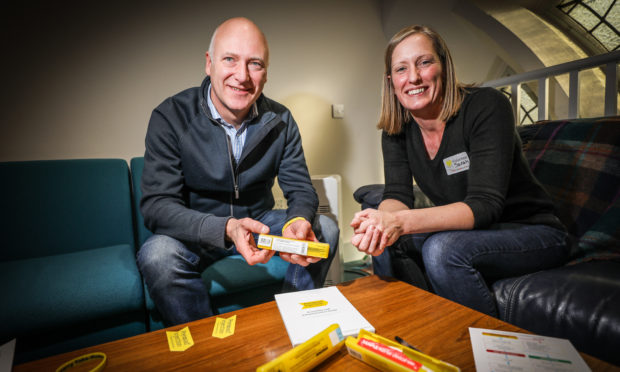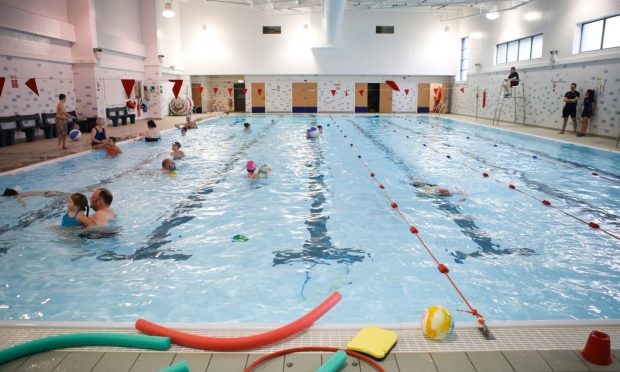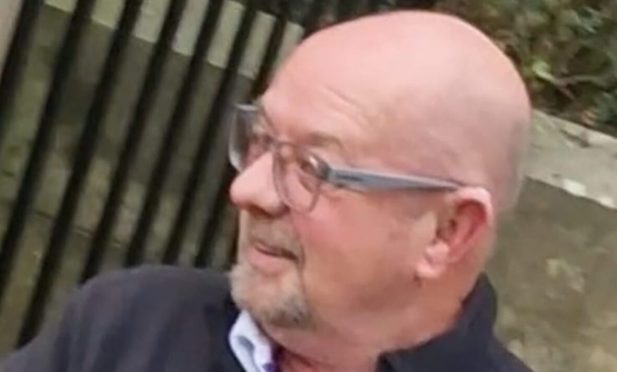Public health minister Joe FitzPatrick has pledged Dundee will be “one of the first locations” given access to funding to kit out paramedics with anti-overdose medication if a pilot scheme is successful.
Scotland’s Drug Deaths Taskforce is funding a three-month ‘take-home naloxone’ trial which will see those treated by ambulance workers in Glasgow for a non-fatal overdose, and who don’t want to go to hospital, given a naloxone kit to take away.
Training will be given on how to use the drug, which can reverse the effect of an opioid overdose. The medication can then be used in the event of any future overdose before the ambulance arrives, reducing the risk of death.
500 kits have been provided to the Scottish Ambulance Service (SAS) for the Glasgow pilot. The trial will be evaluated and, if successful, it could be made permanent and extended to other areas of Scotland.
During a visit to SAS in Springburn, Mr FitzPatrick said statistics show around half of those whose deaths are drug-related have previously suffered a non-fatal overdose. He said the medication naloxone “can and does save lives”.
The public health minister has pledged Dundee will be at the front of the queue if the pilot scheme improves outcomes for people accessing emergency services.
Mr FitzPatrick told The Courier: “This pilot in Glasgow will run for 12 weeks. If it proves successful Dundee would be one of the first locations across Scotland where it would be rolled out.
“This trial is one of a range of actions the Drug Deaths Taskforce is taking to address the public health emergency which Glasgow, Dundee and the whole of Scotland faces in terms of drug-related deaths.
“The last meeting of the Taskforce was held in Dundee earlier this month. That meeting had a specific focus on the recommendations from the Dundee Drug Commission report and how they could be implemented both in Dundee and across Scotland.”
Figures released earlier this month show the number of deaths caused by drugs in Tayside was on track to reach triple figures after police recorded 44 confirmed fatalities in the first six months of 2019, with a further 13 under investigation.
If cases continued at the same rate, the total number of drug-related fatalities in 2019 could top 100, the first time since annual records began. Mr FitzPatrick created the Drugs Death Taskforce last year following 66 drug-related deaths in Dundee in 2018.
SAS medical director Jim Ward said: “We are committed to improving outcomes for all patients and our paramedics and ambulance clinicians often respond to emergencies to treat people who are experiencing an accidental overdose from drug use.
“This is a vital project that has the potential to help save lives – we are pleased that we will be on the front line in efforts to cut the death rate in Scotland from drug overdose, by offering this additional patient safety intervention.”










